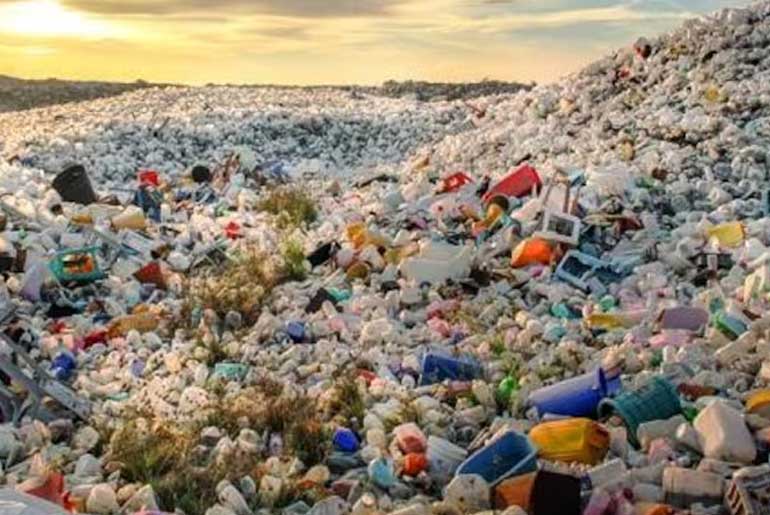A recent study by the University of Leeds, published in Nature Journal, has identified India as the leading contributor to global plastic pollution. The study reveals that each year, approximately 57 million tons of plastic waste are generated worldwide. This immense amount of waste infiltrates every corner of the planet, from the deepest ocean trenches to the highest mountaintops, and even the human brain. To illustrate the scale of this pollution, researchers compared it to filling New York City’s Central Park to a height equivalent to 157 Empire State Buildings.
Notably, nearly two-thirds of this plastic pollution comes from uncollected and improperly disposed waste, largely due to the fact that about 15% of the global population lacks access to proper waste collection services. India stands out as the largest producer of plastic waste, generating 9.3 million tons annually, which is double the amount produced by other populous countries such as China, Nigeria, and Indonesia. In contrast, China, which once topped the list, has made significant improvements in waste management, reducing its plastic waste to 2.8 million tons and moving to fourth place in terms of pollution contribution.
India’s high plastic waste output is attributed to its large population and inadequate waste management infrastructure, which results in a substantial portion of waste remaining uncollected and poorly managed. The study also highlights severe health concerns associated with plastic pollution. Nearly 57% of the plastic waste is incinerated in uncontrolled conditions, such as in streets, dumpsites, and homes, leading to harmful environmental and health effects.
Burning plastic releases toxic substances that pose significant risks, including neurodevelopmental, reproductive, and birth issues, particularly affecting vulnerable communities. Without effective solid waste management systems, people in these communities are often left with no choice but to burn or litter this waste in water bodies. Addressing these issues through improved waste collection policies and practices is crucial for enhancing sanitation and improving the quality of life for billions of people worldwide.
Disclaimer:
The information contained in this article is for educational and informational purposes only and is not intended as a health advice. We would ask you to consult a qualified professional or medical expert to gain additional knowledge before you choose to consume any product or perform any exercise.







